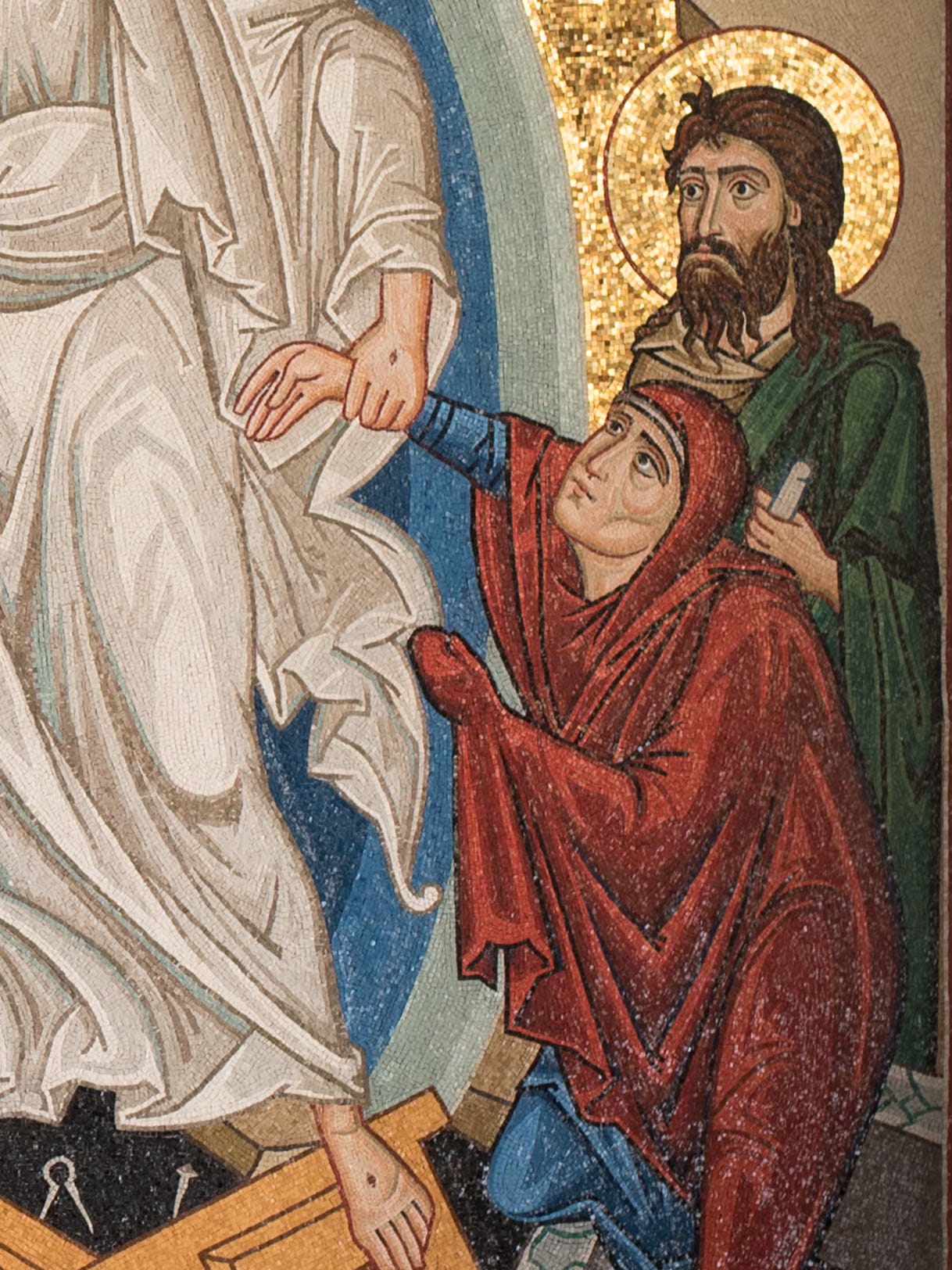November 19 is the first of several feasts of Old Testament prophets that occur throughout the Nativity Fast, a series of feasts which crescendos up to the final two Sundays before Christmas, when all the Old Testaments saints and ancestors of God incarnate are gathered together. Today’s saint, the holy prophet Obadiah, proclaimed the following: “But upon mount Zion shall be deliverance, and there shall be holiness; and the house of Jacob shall possess their possessions” (Oba. 17). His assurance of Zion’s deliverance referred to a specific location on earth in the Old Covenant, but, in the New, it opens out as a universal promise, for into the New Jerusalem in the age to come, shall all the nations of the saved have their place (cf. Rev. 21:24–26). And Isaiah, greatest of the prophets, prophesies at length about this future expansiveness: “I will also give thee for a light to the Gentiles, that thou mayest be my salvation unto the end of the earth” (Is. 49:6).
Today’s hymn contains words by Isaac Watts (1674–1748), the great author of hundreds of metrical paraphrases of the Psalms. Here he paraphrases not a Psalm, but a passage from the same chapter of Isaiah just quoted, 49:15–16. The Lord’s love for his people is stronger than a mother’s for her own children; indeed, it is graven on the very palms of His hands—as Thomas came to know for himself eight days after Easter.
The music is by the great Anglo-American composer William Billings (1746–1800). He named his tune “Africa,” but I have not been able to find out why.
Now shall my inward joys arise, And burst into a song; Almighty Love inspires my heart, And pleasure tunes my tongue. God on his thirsty Zion-hill Some mercy-drops has thrown, And solemn oaths have bound his love To show’r salvation down. Why do we then indulge our fears, Suspicions and complaints? Is he a God, and shall his grace Grow weary of his saints? Can a kind woman e’er forget The infant of her womb, And ’mongst a thousand tender thoughts Her suckling have no toom? Yet, saith the Lord, should nature change, And mothers monsters prove, Zion still dwells upon the heart Of everlasting love. Deep on the palms of both my hands I have engrav’d her name; My hands shall raise her ruin’d walls, And build her broken frame.




